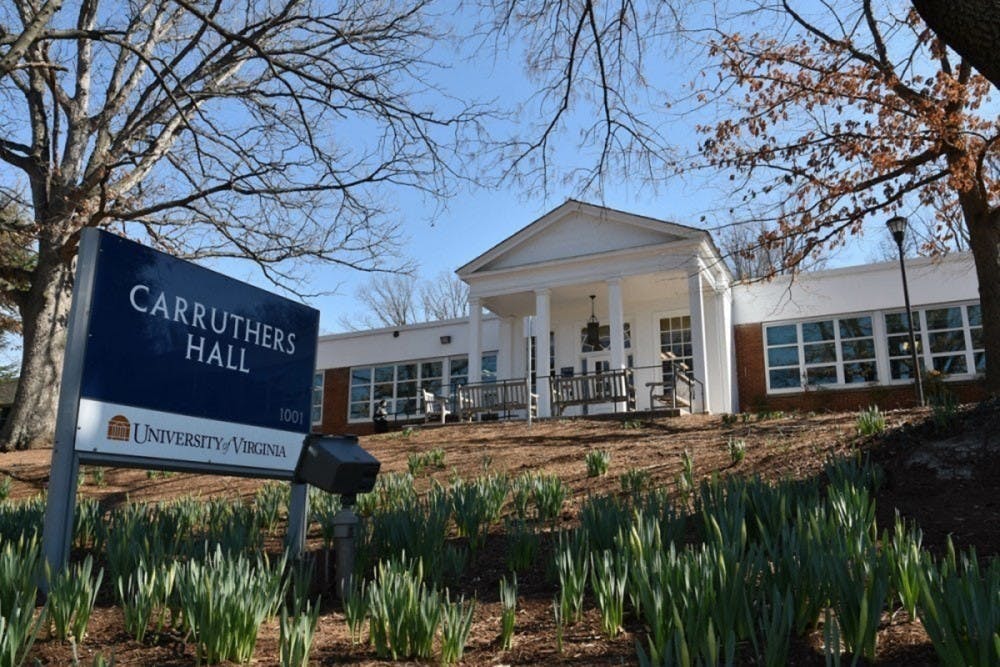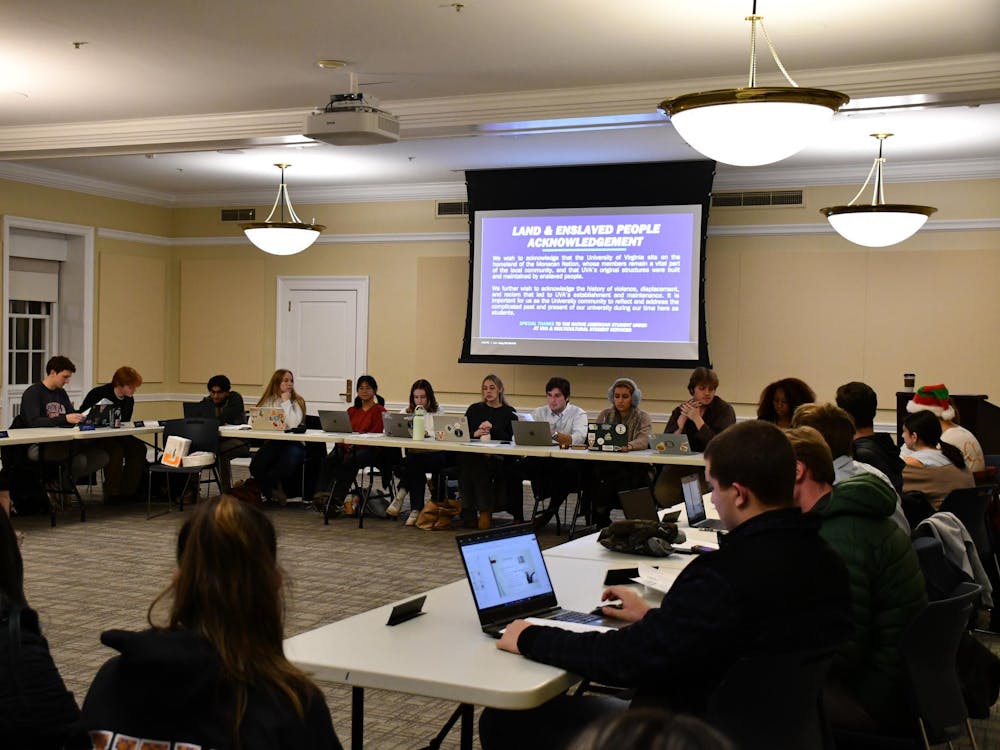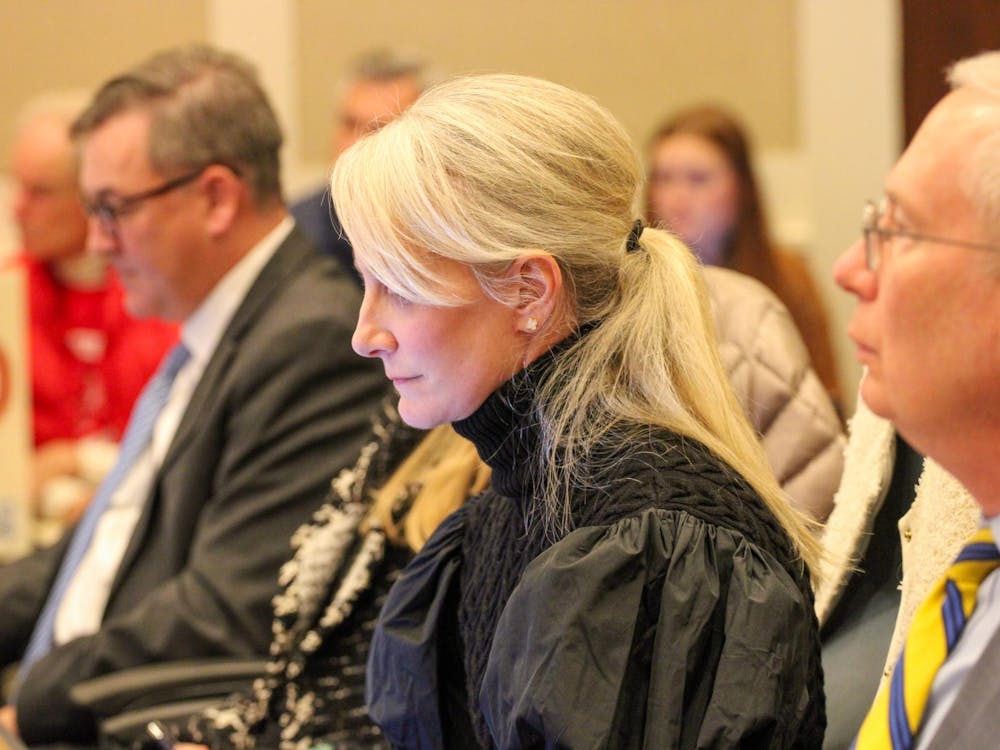The Board of Visitors will hold an educational workshop followed by a public comment period at 12 p.m. on Wednesday to discuss its proposed increase of undergraduate tuition for the 2021-2022 school year.
In accordance with BOV-019, the Board of Visitors is required to hold a public comment period before approving any increase in undergraduate tuition or mandatory fees. As stated by the policy, the Board of Visitors must provide students and the public with a projected range of the planned increase and an explanation for the need of the increase.
According to the notice published by the Board of Visitors, the group will consider a proposal to increase tuition for undergraduate degree-seeking students within a range of 0 to 3.1 percent. This increase is based on the University and Board of Visitors’ long-planning assumption that tuition will increase annually by the increase in the Higher Education Price Index plus one percent. HEPI is an inflation index designed to track this information and assist educational managers in understanding and planning for the future of their institutions’ finances.
According to University Spokesperson Wes Hester, the current proposal is not final.
“It’s also worth noting that the Virginia General Assembly remains in session and actions taken by the legislature may have an impact on the final proposal,” Hester said in an email to The Cavalier Daily.
In 2019, the Board of Visitors voted to increase tuition by 3.6 percent for the 2020-2021 school year, meaning that undergraduate students faced an increase between $510 and $880 annually for in-state students and $1,710 to $2,094 for out-of-state students.
The year before, increased funding from the state — totalling $5.52 million — allowed the University to reverse a planned 2.9 percent increase in in-state tuition for the 2019-2020 school year. The freeze saved in-state students roughly $400, though out-of-state tuition still faced an increase of 3.5 percent that year.
The Board of Visitors previously approved an increase to other fees to meet operating cost expenses, including a $75 mandatory non-educational and general fee as well as a 1.5 percent increase in mandatory non-education and general fees. This non-education and general fee is related to the expansion of student health and wellness services and more specifically, to the new student health and wellness facility.
“$75 of the proposed fees increase would help support the new student health and wellness center through expanded services,” Hester said. “It is not to fund construction.”
The center, which was first approved in 2018, will include spaces for and expand services for general medicine, gynecology, Counseling and Psychological Services, Student Disability Access Services and Health Promotion.
Student Council recently conducted a survey to determine the financial impacts of COVID-19 hindering students’ ability to pay tuition. The survey considered race and income disparities. Results showed that 69 percent of students said that they had fear or were unsure that they will be able to afford tuition next year.
According to the study, 64.9 percent of students who identify as first generation or low income said that they or their families faced difficulties paying tuition this year. 78.5 percent of first generation or low income students said that the COVID-19 pandemic has forced them to significantly change spending.
Looking at racial and ethnic identity specifically, 68.2 percent of Hispanic/Latinx students found it difficult to pay tuition this year, while 64.3 percent of Black/African-American students faced difficulties in paying tuition.
“A tuition freeze would promote economic equity among students,” Student Council tweeted after releasing the results of the survey.
The public comment period is open to the public and can be accessed through https://bov.virginia.edu/live. If an individual wishes to speak at the meeting, they must email boardofvisitors@virginia.edu.







